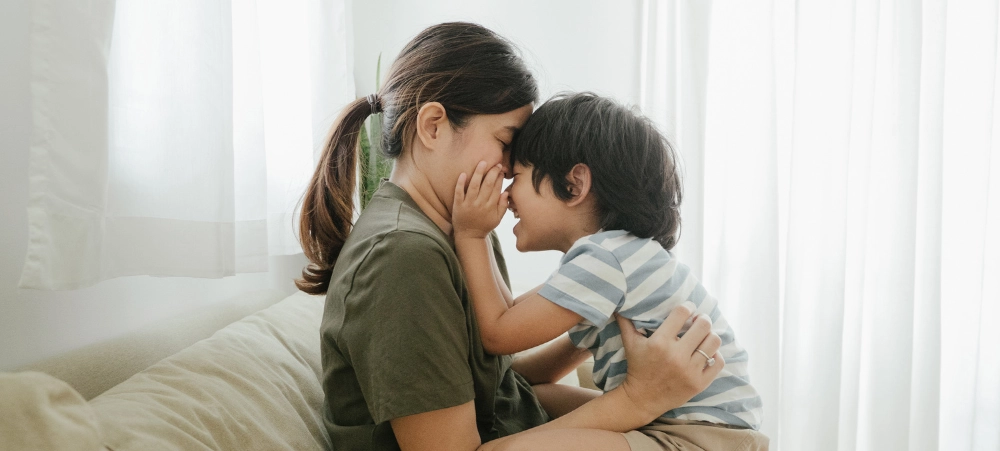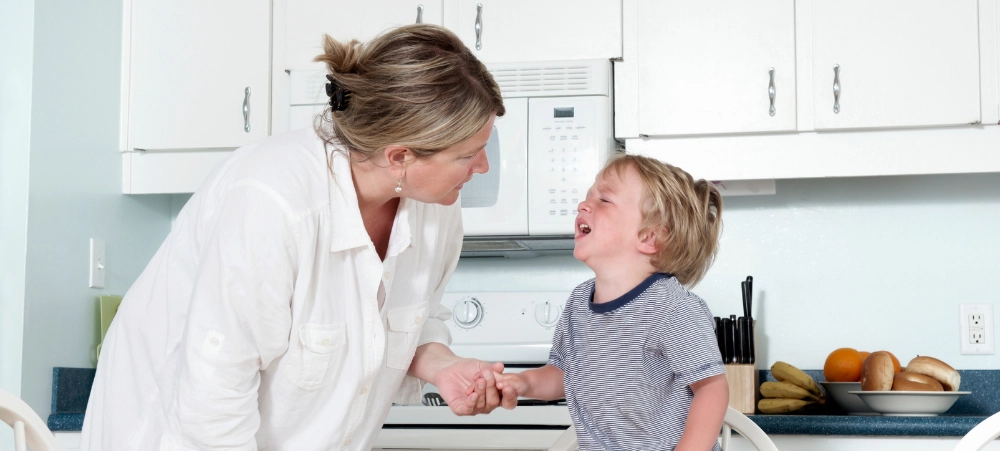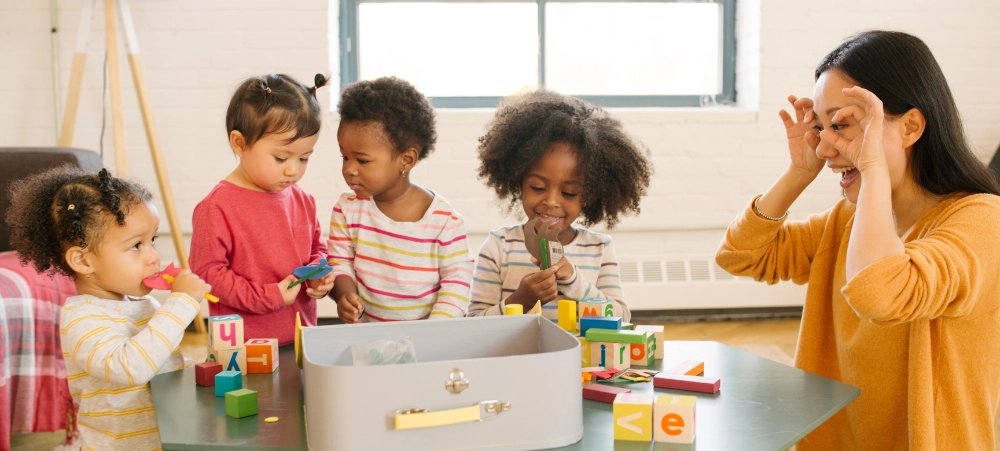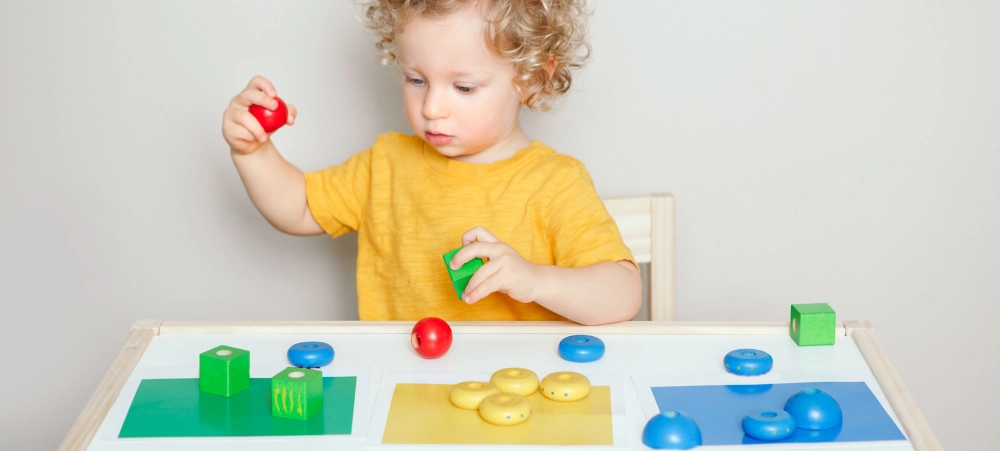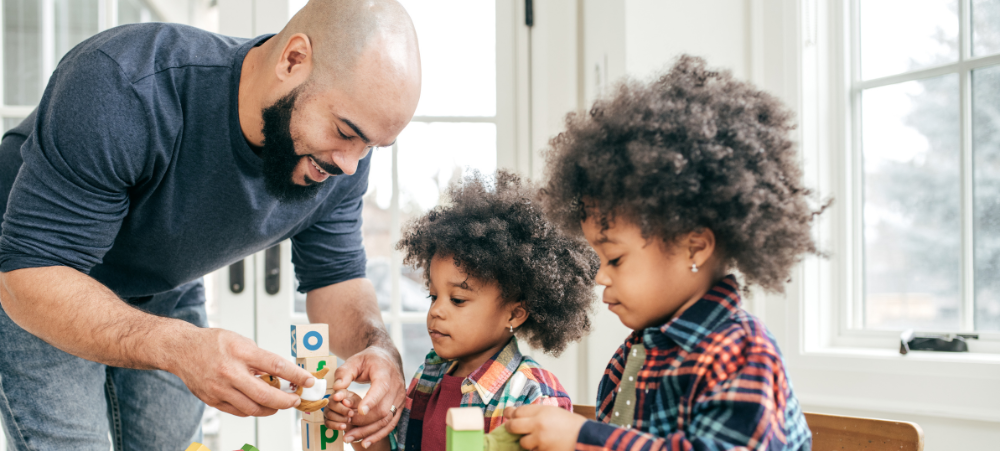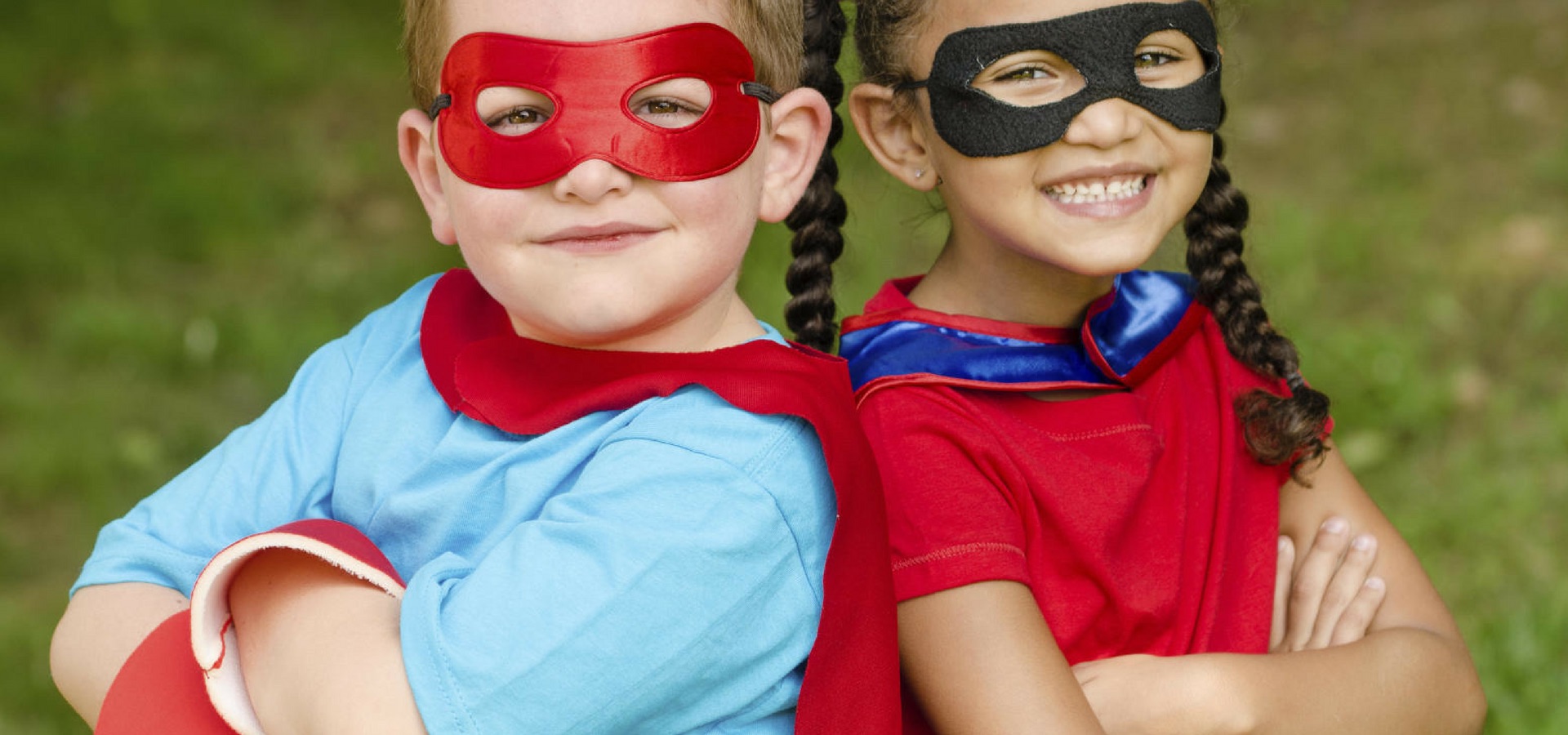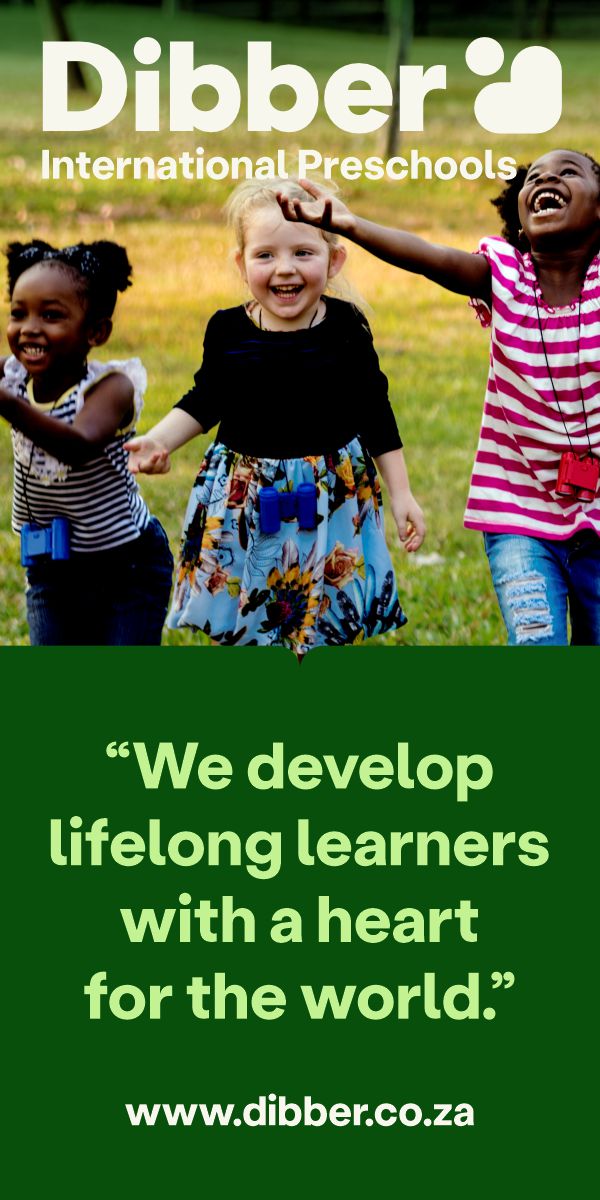“Back in my psychology days, I poured over theories about attachment, eager to understand the science behind our earliest bonds. It was fascinating on paper, an exploration of how a child’s connection with their caregiver could set the stage for a lifetime of trust, love, and resilience. But the real power of attachment theory became clear when I became a mother, cradling my two boys, holding their little hands, and hearing their giggles and cries. Suddenly, what had once been concepts in a textbook transformed into a sacred journey that unfolded in our everyday together. Attachment theory, pioneered by psychologist John Bowlby, speaks of the ‘secure base’ a child needs—a haven that gives them the courage to explore the world, knowing they can always come back to someone they trust. Back in those study days, I understood it intellectually. But as a mother, it became so much more. I realised I was that secure base for my boys. I was the comforting arms they could run to after a fall, the steady eyes they searched for in a crowded room. Being their secure base wasn’t just a theory to me—it was an honour, a daily commitment to being their home in a world that could feel so big. Mary Ainsworth, who followed in Bowlby’s footsteps, demonstrated how children’s responses to separation and reunion with their caregivers reveal their attachment style: secure, anxious, or avoidant. I remember studying the labels and scenarios in class, finding it all interesting but a bit abstract. Now, as a mother, I see these attachment styles in real-time, every time my boys hesitate to leave my side or joyfully greet me after being apart. Every giggle, every tight hug, every time they run toward me, I see that trust we’ve built—the trust that makes them feel safe even in separation, knowing I’ll always return. And then there’s the idea that has come to mean the most to me: the ‘Circle of Trust.’ This idea illustrates a child’s natural cycle between independence and connection, a delicate dance of security and exploration. At the centre of this circle is the parent or caregiver, a steady presence. The child circles outward, stretching their wings, testing their limits, exploring their world. But when something startles them, or they simply want to share a moment, they return to the centre, seeking comfort and validation. It’s a rhythm that builds their confidence and courage while keeping the bond alive and thriving. As I watch my boys play and grow, I see this circle in action daily. They’ll venture off, excited by a new discovery—perhaps a fascinating bug or a funny sound. And they look back to find me, their faces lighting up as they seek my smile, my silent assurance that I’m here, that I’m proud. When they stumble, whether it’s a scraped knee or a disappointed heart, they come running, searching for my arms and a soft voice to soothe them. This circle of trust is more than a concept; it’s a shared heartbeat, a dance of closeness and independence. In each step, I see their resilience blossom, their sense of safety solidify. For parents, this Circle of Trust feels deeply rooted in our everyday lives. We’re raising our children in a land of vibrant diversity, where the world can be both breathtaking and, at times, uncertain. Our little ones, under six and still so fresh to the world, take in every sight, every sound, every feeling with wonder and sometimes with a bit of hesitation. In these early years, our role is to be their constant—to be the faces they search for when they feel a bit lost and the hands they reach for when the world feels a bit too big. In our everyday moments, this circle plays out. At the playground, I see them dashing off with boundless energy, pausing to glance back to make sure I’m still watching. During bedtime stories, they curl up close, seeking the warmth of familiarity before drifting into dreams. And when they’re overwhelmed—when frustration, fear, or a tumble catches them off guard—they run back to me, knowing I’ll catch them, steady them, and gently send them out again. In these moments, I realise that building a secure attachment is not about grand gestures or perfect parenting. It’s in the countless little acts—the quiet moments of holding, comforting, listening, and just being present. It’s when they look to us as if to say, ‘Are you still there? Do you still believe in me?’ And we respond with a steady gaze, a smile, and the assurance that yes, we’re here and always will be. These early years, these first steps in their journey, are precious. They’re about so much more than milestones or achievements. They’re about laying a foundation of love and trust that will carry them through a lifetime. What I once studied as theory has become the heartbeat of my family, a bond that grows stronger with every goodbye and hello, every tear and every laugh. As parents, especially of little ones, we may sometimes feel overwhelmed or wonder if we’re doing enough. But when we show up, day after day, with a gentle hand and a listening heart, we’re giving our children the most beautiful gift of all: a foundation they can always return to, a circle of love and trust that will hold them steady as they venture out to discover the world.” By Kelly Eyre, Quality and Pedagogy Lead, Dibber South Africa



